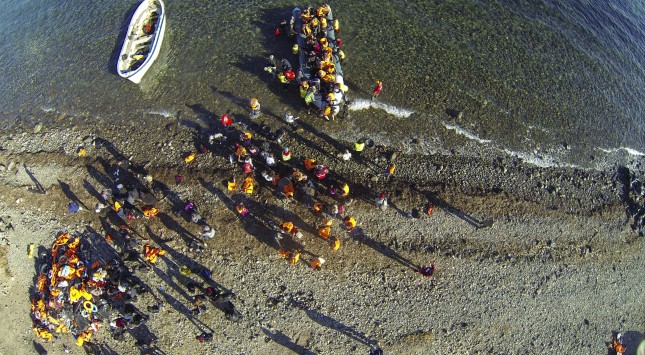-
The Top 5 Posts of October 2020
›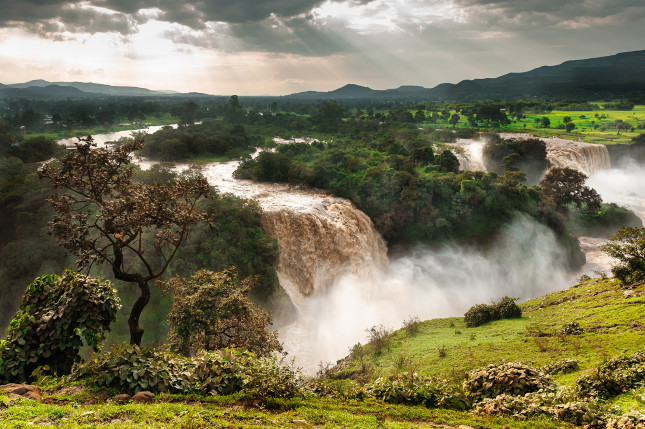
The Grand Ethiopian Renaissance Dam (GERD) is both a point of contention and an opportunity for collaboration among countries sharing the Nile river basin’s water resources. In our most read post this month, Matthew Gallagher covers a recent UNC event with Wilson Center Global Fellow Aaron Salzberg on the intricacies of the GERD and the importance of stakeholder diplomatic processes in shaping relationships around the dam.
-
Why Securing Youth Land Rights Matter for Agriculture-Led Growth in Africa
›
Africa’s “youth bulge” represents both an enormous challenge and a tantalizing opportunity for the continent. With over 60 percent of Africans under the age of 35, governments are under increasing pressure to grasp the “demographic dividend” youth represent to boost agricultural productivity, enhance food security, and expand economic opportunities for young men and women. Each year, about 10-12 million young Africans aged 15-24 enter the labor market, but only 3.1 million formal wage jobs are generated, pushing millions of youth into low paying and precarious informal employment.
-
Sharon Guynup, Mongabay
Brave New Arctic: Sea ice has yet to form off of Siberia, worrying scientists
›
At this time of year, in Russia’s far north Laptev Sea, the sun hovers near the horizon during the day, generating little warmth, as the region heads towards months of polar night. By late September or early October, the sea’s shallow waters should be a vast, frozen expanse.
But not this year. For the first time since records have been kept, open water still laps this coastline in late October though snow is already falling there.
-
Collaborating Across Borders: Young Professionals in the Middle East Tackle Region’s Water Issues
›November 3, 2020 // By Leah Emanuel
Her triangular computer mouse finds the blue circular logo with the white camera on the bottom of her screen. She hovers over it for a second, taking a deep breath before clicking on the icon. Remembering the last program meeting, Marina Lubanov commits herself to listening more to the other participants, prepping herself to take a step back and really absorb what everyone is saying. With nervous excitement, she clicks on her zoom app and is launched into a meeting with other young professionals from her home country of Israel, and neighboring Jordan and Palestine.
-
Integrate Gender When Designing Climate Policy
›
The team of people tasked with coordinating the global climate change negotiations for the 26th UN Climate Change Conference (COP26) in 2021, we recently learned, consists entirely of men. While not surprising to many feminists in this space, this blatant disregard of gender diversity and women’s perspectives in climate policy is all too common. And it reflects broader ignorance of how gender and climate change intersect.
-
Dr. Raj Panjabi on the Importance of Community-Based Health Systems in Pandemic Response
› If there’s anything about responding to an epidemic, it’s that speed matters, and so does investing in people closest to the problem, said Dr. Raj Panjabi, Assistant Professor of medicine at Harvard Medical School and CEO of Last Mile Health, in this week’s Friday Podcast. The latter, he said, is the root of resilience.
If there’s anything about responding to an epidemic, it’s that speed matters, and so does investing in people closest to the problem, said Dr. Raj Panjabi, Assistant Professor of medicine at Harvard Medical School and CEO of Last Mile Health, in this week’s Friday Podcast. The latter, he said, is the root of resilience. -
The Importance of Community Trust to Combat COVID-19 Vaccine Hesitancy
› “Vaccine hesitancy is to be expected in a normal circumstance—it’s very different from being what we call ‘anti-vaccine,’” says Dr. Rahul Gupta, Senior Vice President and Chief Medical and Health Officer at March of Dimes, in this week’s Friday Podcast. He spoke at a recent Wilson Center event on ongoing efforts to develop and deliver a COVID-19 vaccine, co-sponsored by the University of Pittsburgh, March of Dimes, and the Jonas Salk Legacy Foundation.
“Vaccine hesitancy is to be expected in a normal circumstance—it’s very different from being what we call ‘anti-vaccine,’” says Dr. Rahul Gupta, Senior Vice President and Chief Medical and Health Officer at March of Dimes, in this week’s Friday Podcast. He spoke at a recent Wilson Center event on ongoing efforts to develop and deliver a COVID-19 vaccine, co-sponsored by the University of Pittsburgh, March of Dimes, and the Jonas Salk Legacy Foundation. -
Climate Change is a Security Issue: An Interview with Geoff Dabelko
›
Climate change is a threat multiplier; it is an underlying and exacerbating factor that makes things worse at a level that all actors, including security actors, need to pay attention to, said Geoff Dabelko, Professor and Associate Dean at the George V. Voinovich School of Leadership and Public Affairs at Ohio University and Senior Advisor to the Wilson Center’s Environmental Change and Security Program. He spoke in a recent interview about climate change and security as part of CimpaticoTV’s Climate Adaptation Channel.
 A Publication of the Stimson Center.
A Publication of the Stimson Center.

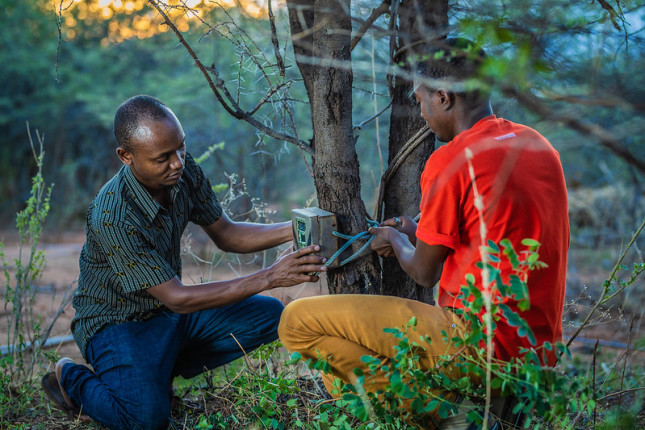
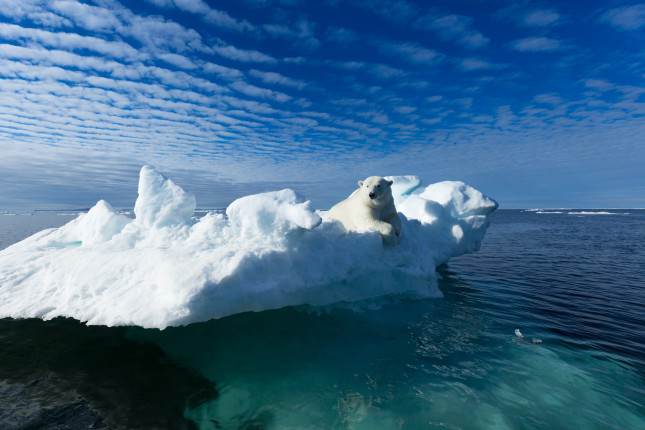
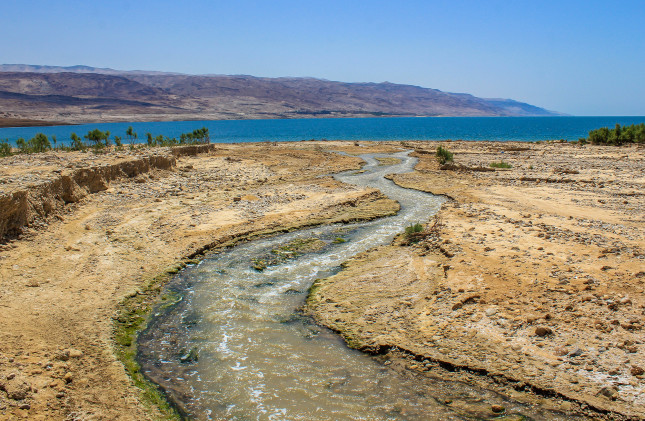
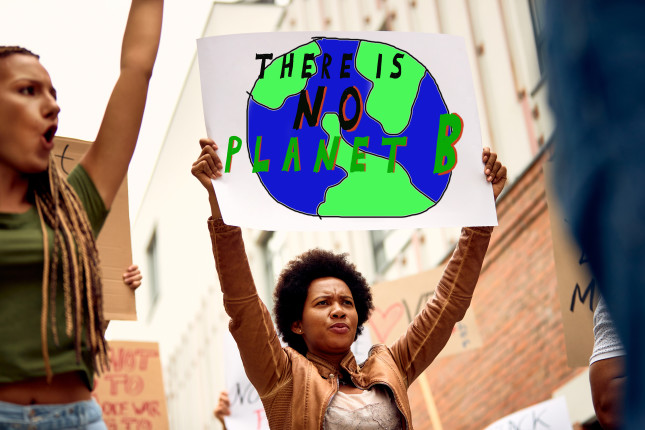
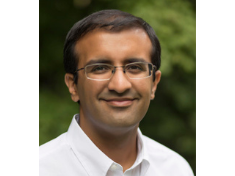 If there’s anything about responding to an epidemic, it’s that speed matters, and so does investing in people closest to the problem, said Dr. Raj Panjabi, Assistant Professor of medicine at Harvard Medical School and CEO of Last Mile Health, in this week’s Friday Podcast. The latter, he said, is the root of resilience.
If there’s anything about responding to an epidemic, it’s that speed matters, and so does investing in people closest to the problem, said Dr. Raj Panjabi, Assistant Professor of medicine at Harvard Medical School and CEO of Last Mile Health, in this week’s Friday Podcast. The latter, he said, is the root of resilience. “Vaccine hesitancy is to be expected in a normal circumstance—it’s very different from being what we call ‘anti-vaccine,’” says Dr. Rahul Gupta, Senior Vice President and Chief Medical and Health Officer at
“Vaccine hesitancy is to be expected in a normal circumstance—it’s very different from being what we call ‘anti-vaccine,’” says Dr. Rahul Gupta, Senior Vice President and Chief Medical and Health Officer at 